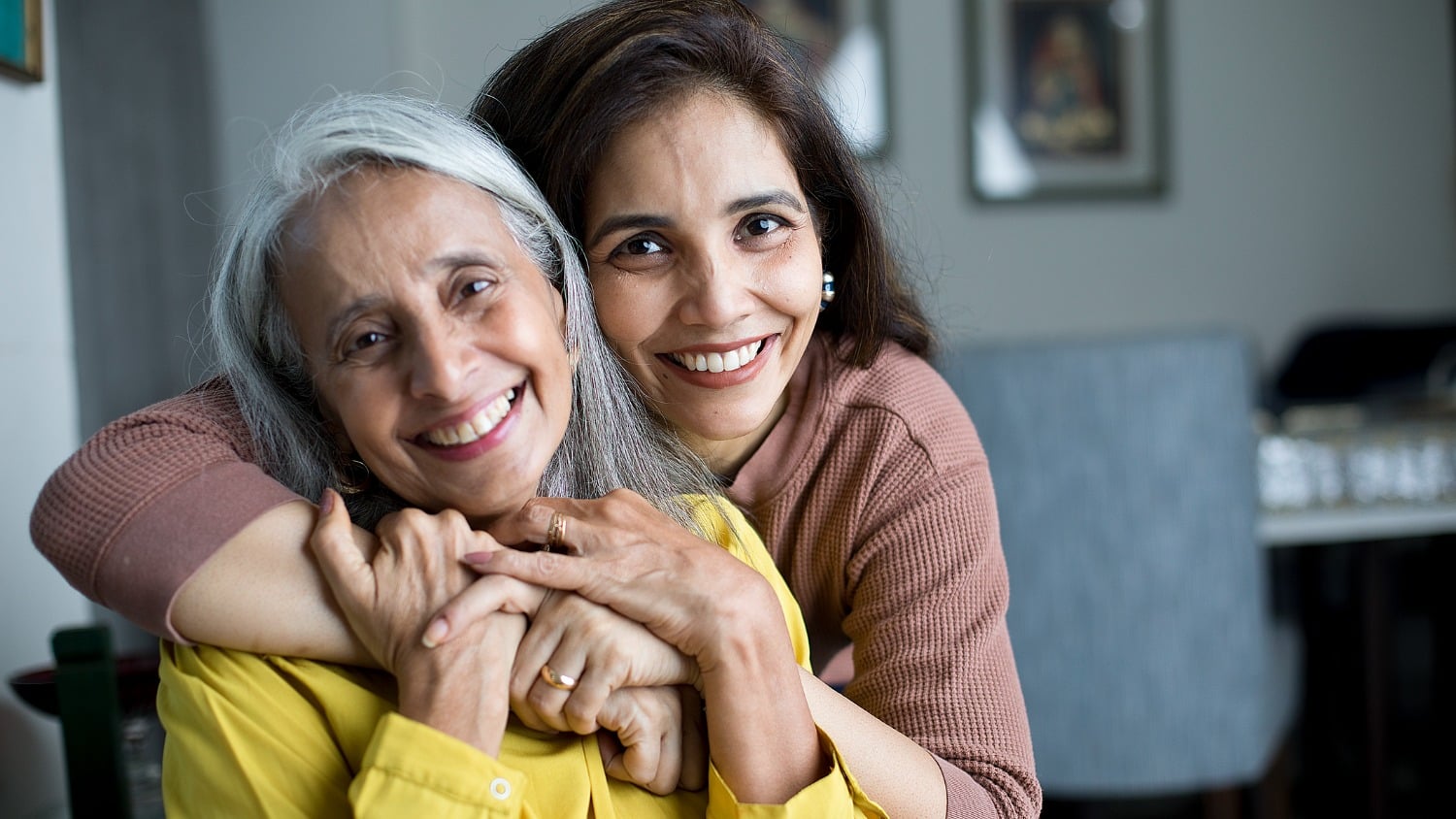
Should We Praise Niceness?
Four middle aged men have met up at a party and are discussing their respective daughters, who all went to the same school but are now grown up:
“Mary is doing well with her medical training, and she’s planning to go into oncology.”
“Jean has just been promoted in the company she works for.”
“Alison is off to Africa for the small charity she runs.”
“Debbie hasn’t decided what to do, but she’s grown into an extremely nice person.”
We all know they’re not just passing the time, but using their children for a bit of one-up-manship. And Debbie’s father got nowhere at all.
There is no premium on being ‘nice’.
But there should be.
Achievements
In the modern world – and probably the ancient world for that matter – a lot of weight is given to worldly achievements. We want to become rich, important and famous and we want our children to accomplish these things, too.
Or we want them to do good and to be seen to be doing good.
It doesn’t matter so much what activity they achieve in, as long as they achieve something.
We say we seek this because it will make them happy, but I am not so sure. I think it makes us, the parents, feel good. Other things might, in fact, make them equally – or more – happy.
Attributes
And we pay much less attention – certainly when discussing them with others – to what kind of person they are.
Do they have good values? Are they kind? Do they actively do what they can to help others? Are they nice?
And what does this mean in practice?
They will blush to read it (if they do), but both my daughter and my daughter-in-law are very nice people. (They are lots of other things as well, but that’s not the point here.) This is important to me, but it is hard to explain to other people.
There are numerous examples of niceness from people from all walks of life, but you don’t always hear about them, so I will choose two examples close to home.
First, My Daughter
Years ago, my husband had a widowed aunt with no children who lived on her own in what seemed like a rather lonely life, although she never complained. My daughter, who was good at such things, always remembered her birthday – and would also phone me ahead of time to remind me to send a card, too. I would have forgotten otherwise.
Bingo, two kindnesses at the same time.
More recently, she has been very attentive to the needs of us, her increasingly aging parents. She not only visits fairly frequently (lots of grown-up children do that), but on her way she stops by a major farmer’s market. She then brings us the provisions (cheeses, fresh parma ham and the like) we used to buy ourselves but don’t get to do so anymore.
We get the pleasure of seeing her and having a lot of delicious food for the following week.
Second, My Daughter-In-Law
She is, it so happens, equally nice but in different ways. She is very knowledgeable about medical matters and so is a go-to person when there is any kind of problem. But she also has the sensitivity to know just how much information individual family members actually want. Giving information is easy; giving it with some thought requires both care and skill.
And she makes the best brownies in the world and gave us a ‘lifetime subscription’ to them, so that any time we run out, we can order more.
And, I am delighted so say that both women have brought up their sons to be caring and nice people.
Niceness
Some people will say, “Oh everyone is nice, so what’s the big deal?” But this just isn’t so. Many people are much more concerned with their own needs than those of others. Real niceness needs to be taken seriously and duly acknowledged.
And this is true for nice people themselves. Quite a few years ago, I was talking to my daughter about her qualities. When I spoke enthusiastically about her niceness, she immediately reacted that it was not something worth talking about. It sounded boring and pallid, she felt. Nothing to be proud of.
I searched for other words – ‘caring’, ‘thoughtful of other people’s needs’, ‘kind’. This got us a bit further, but I wasn’t sure she was convinced. She had clearly internalised the general view that being ‘nice’ wasn’t an important quality.
It’s one of those things that is difficult to specify precisely, but heaven knows, you know it when you see it.
And it is good.
Let’s Have a Conversation:
Do you have many nice people in your life? What does that mean for you? Can you give examples? Or do you have some not very nice people in your life? Could you share examples?
Tags Inspiration







I have been told more than once that I’m too nice. But when I try to be not nice I’m just not happy with myself Maybe I don’t believe in ‘an eye for an eye’. Although there are times when I do ‘fight back’ but I’m usually not proud of myself. I do not consider myself thoughtful though (I’m terrible at remembering dates).
In the end, as you mentioned, being nice is underrated.
Perhaps using the descriptive, “High Emotional IQ” to compliment people with the under-appreciated genuine gift of being nice, decent humans, would alleviate that awkward misconception of it being an embarrassment.
Here’s a description found on the web:
“People with emotional intelligence traits are empathetic, tuned in, and perceptive. They have high levels of emotional awareness, self-control, and situational skill. These emotional intelligence traits help them perceive, understand, use, and manage emotions in their personal lives, careers, and other situations.”
More companies are realizing the value of these traits. In my vocabulary, a simple word for EQ, is being nice.
To all us women out there who struggled with being labeled “weak” for being kind and giving people, I say, embrace it, because we knew what value we brought in our home and work lives all along. Celebrate your power!
Yes, ‘High emotional IQ’ is a good way to make niceness more acceptable. Indeed, I meant to use the term when writing the article, but then I forgot (forgetting what I meant to do is becoming annoyingly frequent). Yes, celebrate.
Still feel like being nice is connected to being weak. Have been working on being nice and being capable at the same time. Hard to convey that balance to some people!
I’m accused of being too sensitive and too nice. It always comes across as a negative, I would love to be like my daughter who is very caring but more confident than me. A conversation I had with my mother a few weeks before she passed away, I said I’m nothing like my sisters and brothers, and she replied you are like my mother and she was a beautiful woman.